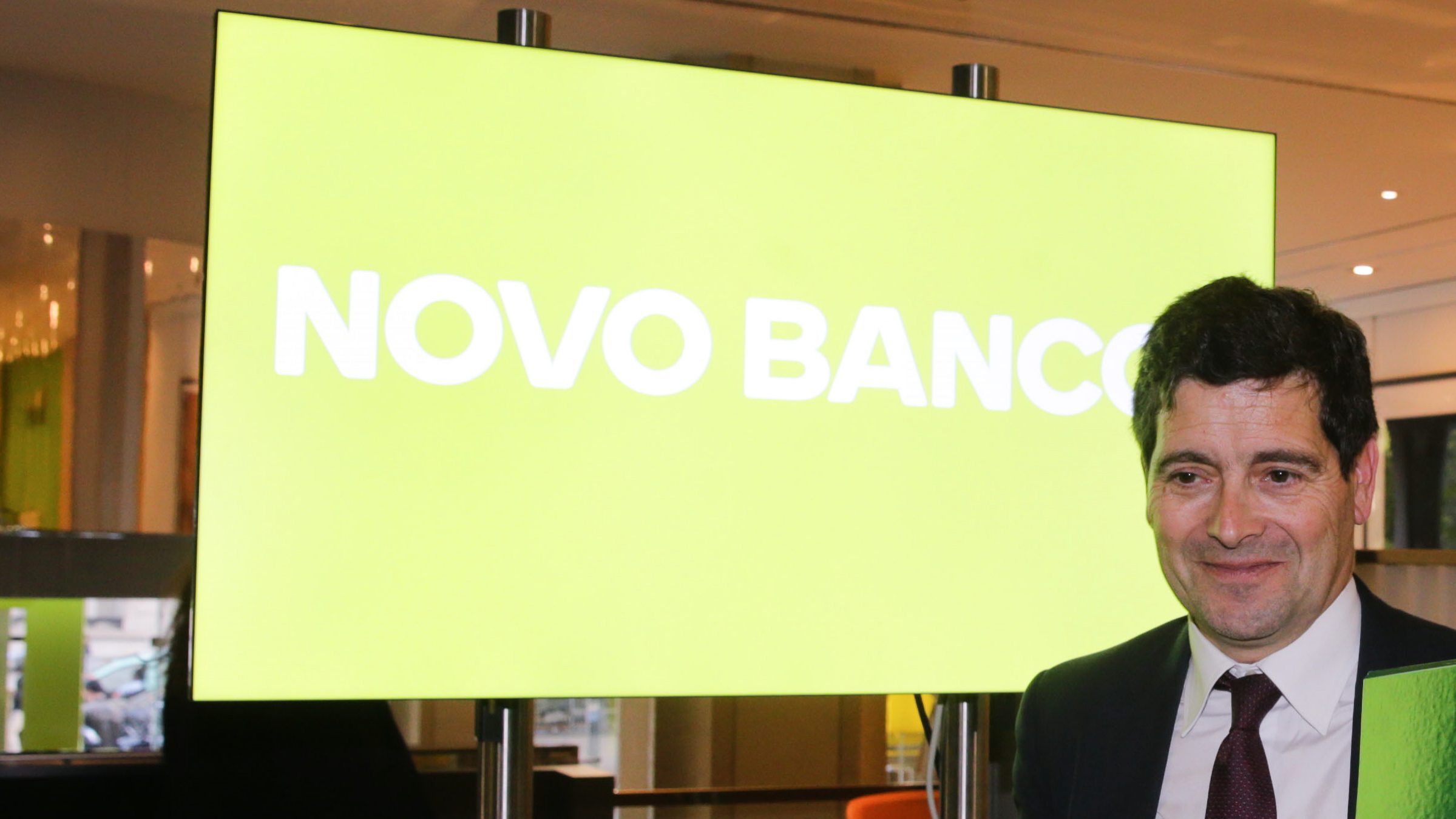Brussels is more pessimistic than Lone Star about the viability of Novo Banco
Brussels concluded that Novo Banco maintains some practices that contributed to the bankruptcy of BES. There are full credit proceedings without any risk assessment and credit granting "as a favor".
Concerning the viability of Novo Banco, the European Commission is much more pessimistic than Lone Star. In a recently disclosed document, Brussels made an assessment of the banking institution’s viability in which, in worst case scenario, Novo Banco’s capital stood at minus 2.6 billion euros — double what Lone Star estimated. This problem is worsened by the fact that Novo Banco has kept some of the bad practices of Banco Espírito Santo (BES). Therefore, expecting the worst case scenario, European authorities give the Portuguese Government “green light” to move forward with a public capital injection, in case all measures foreseen to assure the bank’s capital ratio fail.
The information is included in the document in which the European Commission justifies the permission given to Portugal, in November, to sell 75% of Novo Banco to the North American fund Lone Star. And they express their doubts about the viability of the institution: “While the Commission notes that Lone Star has provided an adverse scenario, the Commission points out that it has made its own assessment of the situation in such an adverse scenario”, the document states. In the current baseline scenario, Lone Star hopes for an 8% to 11% return on equity. In an adverse scenario, the North-American fund foresees that ratio to stand between 6% and 8%. However, the Commission foresees a scenario in which profitability stands between -5% and 0%.
As for the Core Tier 1 ratio, which translates the bank’s solvency, Lone Star points to a 10% to 20% ratio both in the baseline scenario and in the adverse scenario. The Commission pointed to a 5% to 10% ratio, below what is demanded by the European Central Bank (ECB). An concerning the net capital position, Brussels is even more pessimistic, foreseeing negative capitals of 2.6 billion, while Lone Star only foresees 1.3 billion negative capital in an adverse scenario, without an injection from the fund. Even if the one billion euros are applied, the Commission sees a 1.6 billion euros’ deficit.
EC is more pessimistic than Lone Star

Novo Banco did “very little” to correct bad practices of BES
This pessimism is justified by the fact that Novo Banco has a broad portfolio of “inferior credit quality” assets, or that “could readily deteriorate to inferior credit quality”. In order to assess the weight of those assets, the Commission asked a “complete loan tape of the bank as of 30 June 2016 and 31 December 2016”, as well as the full documentation of a sample of 20 of those loans, organized by the type of client and performance.
The information granted by Novo Banco was considered to be incomplete or even incorrect. “The Commission points out that these findings are in themselves problematic as they point to severe issues with both IT systems and more importantly, risk management reporting capabilities” of the bank. And these problems “do not only pertain to the period prior to the BES resolution in 2014 but continue to impact the performance of Novo Banco under management by the Resolution Fund under the responsibility of the Bank of Portugal”, the EC stated. “Even new lending in 2016 after Bank of Portugal had already been in charge for more than one year shows significant deficiencies in all those categories”.
Therefore, Brussels has a clear opinion about Novo Banco’s operations. “The past lending practices of BES have contributed to its demise. But, after the establishment of the bridge bank and under direct control of the Bank of Portugal, Novo Banco seems to have done little to remedy previous problematic lending practices or substandard credit risk management”, is stated in the document. For example: “In many credit files: absence of cash flow analyses or an indication of repayment capacity of the client (absence of income declaration or fiscal statements for retail clients, granting of Corporate and SME mortgages purely on the basis of the underlying collateral)”.
There are also cases where the documentation is “inaccurate, incomplete or insufficient”. In other cases, real estate given as credit guarantee are overpriced. In some cases, there is still no consistent risk evaluation for credit. And there are even some cases where loans were granted “as a favor”, stated the European Commission.
Therefore, Brussels concludes that “relying on the bank’s loan tape for the assessment of lending quality of the legacy credit portfolio could lead to a severe underestimation of the actual losses” from Novo Banco’s assets.




